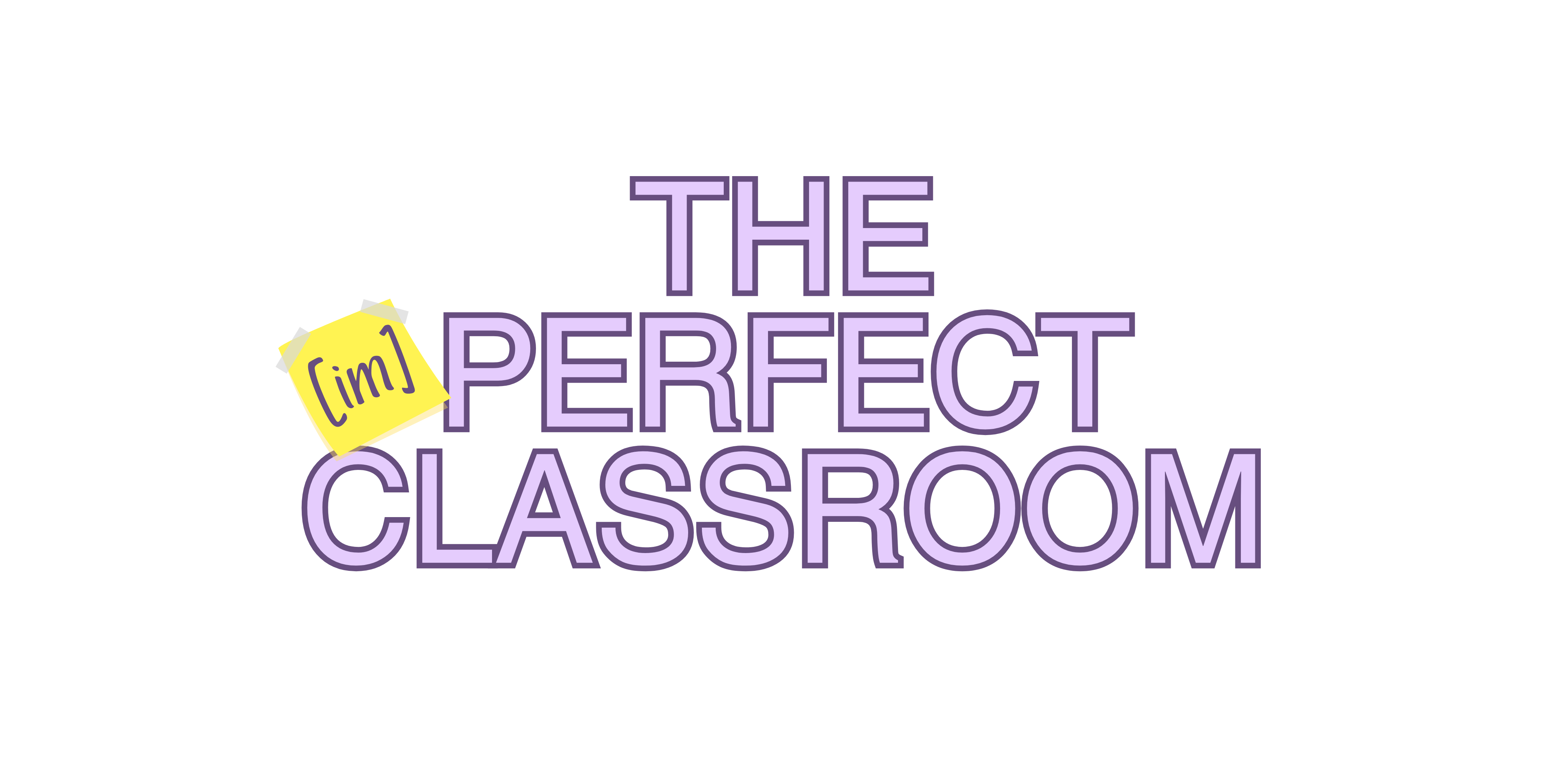
Joshua DeWar
By Joshua DeWar
joshua.dewar@jefferson.kyschools.us
I am an avid reader of the The Washington Post. Last month, however, I was both discouraged and heartbroken to open to an article entitled “Why Today’s College Students Don’t Want to be Teachers.”
Having supervised a number of excellent student teacher candidates recently, I was shocked to think this could be true. Their zeal and passion for our profession was energizing to me and my students and I have loved getting to work with them.
As I read on, however, I found myself nodding along with the author’s commentary. For myriad reasons, teacher shortages around the country are beginning to abound. This is more than just an unfortunate trend. When intelligent graduates shun teaching, we need to consider what this means for our society.
Many college enrollees today see teaching as a profession that is controlled. They see the proliferation of testing and the elimination of tenure as foreboding. They are skeptical of accountability measures that tie a teacher’s pay – or continued employment – to student test scores. Others struggle with the problem many of us encounter daily: teachers being blamed for the broader social problems that exist in today’s society.
Given all of this, the article noted that today’s undergrads are significantly less likely than their parents to see teaching as a viable career. In a 2015 Field Poll survey of California voters, only 24 percent of those ages 18-29 said they were very likely to encourage a friend or family member to become a K-12 teacher today.
So as we start the new year, refreshed from the break and many of us about to take on student teachers, we need to remember why we became teachers. Teaching still is a vocation of social change and it is up to us as current educators to reach out to those around us to remind them why we have the best job. While we do face a number of challenges daily, the work that we do continues, as it has for centuries, to be meaningful and have a great impact on the lives of those we teach.
Here are a few of the reasons why most of us educators still make a difference each day, and they are worth remembering.
- You may have more impact on a child’s life than does their parent in the nine months you are with them.
In my tenure as a teacher, I believe this to be wholeheartedly true. In the roughly 13 hours an elementary student is awake during any given day, I will spend eight of those hours with that child. In my classroom, I will feed them two meals; I will apply Band-Aids; I will teach the social norms necessary to thrive in society. I will fill their head with as much knowledge as I can and I will love them. No other profession can shape an individual so directly or so meaningfully as teaching. The things I say and do are mimicked and repeated over and over – for better or worse. I know this to be true from the stories the parents of my students share.
- You provide the skills everyone in society needs to be successful.
In second grade, I teach students to tell time. They learn to add and subtract with regrouping. They learn U.S. coins and their values. They go from writing sentences to paragraphs and our picture books become chapter books.
No other profession gives a person the chance to offer other human beings the things they need to survive and function daily as does teaching. Period. Everything we do in living a daily life, from shopping to arriving to work on time to balancing our checkbook, we do because a teacher taught us how to do it.
- You do more than read from scripts and administer tests all day.
Many in society, including some of us teachers on some days, see our jobs as robotic. However, when we think about our work and truly reflect on our best lessons, we can see that teaching offers us limitless opportunity for self-exploration, personal growth and creative expression.
While our work can, at times, seem susceptible to the whims of administrators and elected officials, we must remember that we are the leaders of our own classrooms. Politicians and policies will come and go, but our ultimate end goal never changes. We have the calling to shape our students. Our work is purposeful and emotionally satisfying. Ours is a profession that demands creativity, autonomy, and initiative.
While a teacher’s responsibilities may have changed, we are still shaping the future. Teaching remains the highest calling.
As we talk to the young around us, we must encourage them to become teachers and pursue our noble profession, both in 2016 and beyond. After all, as teacher educator Dave Burgess noted, we must, “Embrace the mighty purpose of being an educator. It’s not just about raising test scores. … It’s about raising human potential.” Getting the next generation of teachers to see that will make us all more successful.
Joshua DeWar is a native of Janesville, Wis. He has lived in the Louisville area since 2010. DeWar worked in higher education as a student affairs professional and administrator for nine years before moving to the K-5 classroom. He currently teaches 2nd grade at Engelhard Elementary (Jefferson County.) He holds a bachelor’s in French and elementary education from Ripon College, a master’s in college student personnel from Bowling Green State University, a master’s in teaching from the University of Louisville and a doctorate in educational administration and leadership from Marian University. He is serving as the 2016 Kentucky Elementary School Teacher of the Year.


Leave A Comment